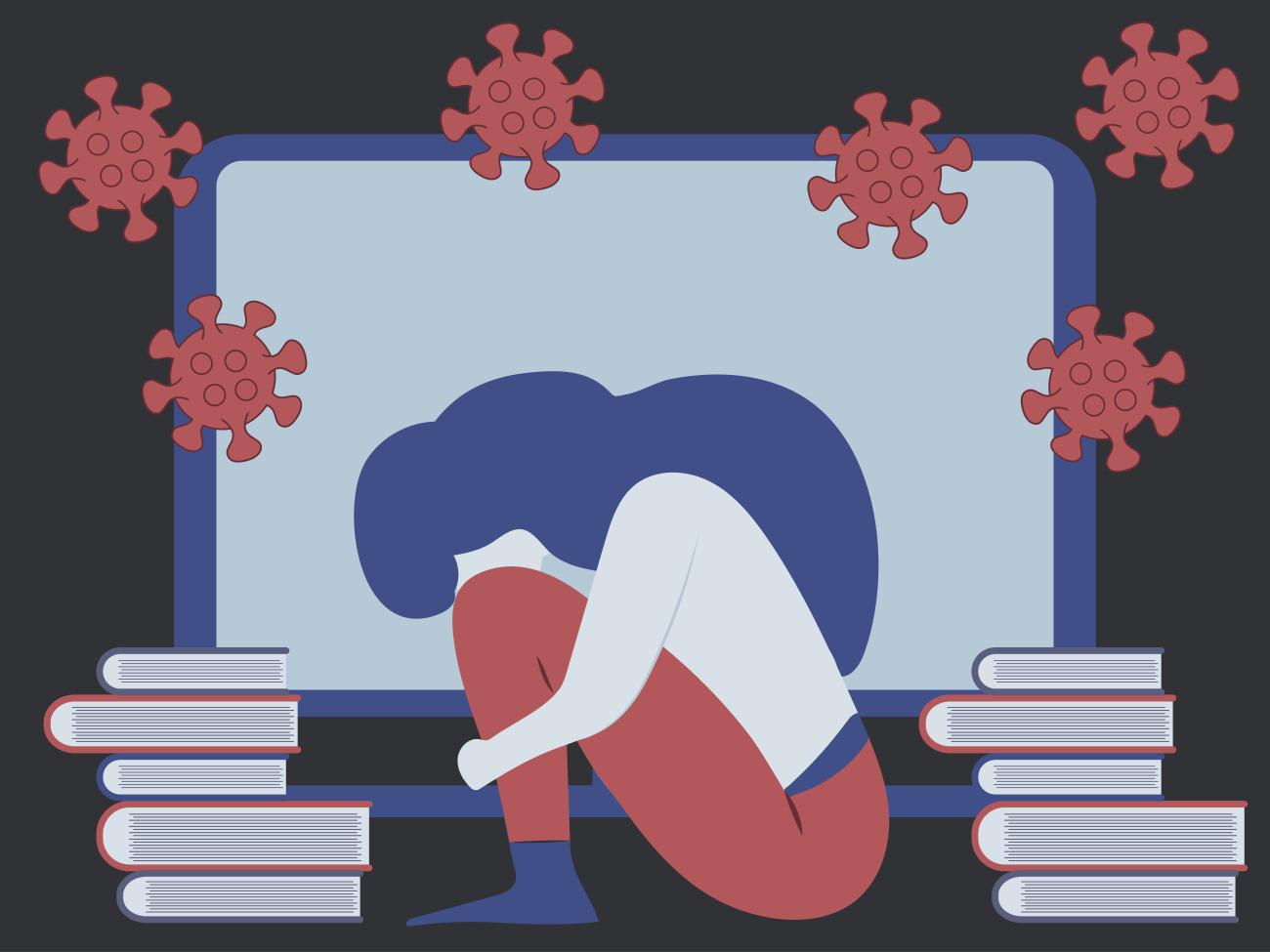
Student stress during the pandemic
High school students are experiencing rising stress levels and lower engagement with learning since the start of the COVID-19 pandemic, according to a new study by NBC News and Challenge Success, a nonprofit affiliated with Stanford Graduate School of Education (GSE).
Kids feel that “they are more stressed than they were before the pandemic, they have more work, they are less engaged in school, and their relationships with teachers and [other] kids are strained,” says Denise Pope, a senior lecturer at Stanford GSE and co-founder of Challenge Success.
On this episode of School’s In, Pope talks with show co-host and GSE Dean Dan Schwartz about the study – one of the largest national research projects to shed light on the pandemic’s impact on student connection, engagement and mental health. She also shares what parents and educators might take from its findings in the days and years ahead.
In addition to grades, workload and time management, the study found that one of the top sources of stress for students was lack of sleep. This surprised Pope, who thought remote learning would give students more flexibility and time to sleep. But 43 percent of the students reported sleeping less, and about 5 percent said they were getting less than four hours a night.
Other sources of stress included college and the future, finances and a lack of time to play and relax. Females and students of color in particular experienced high levels of stress and pressure.
Some good news: “People are now much more aware of these problems,” says Pope. “I think more teachers recognize the importance of checking in on mental health and how it’s connected to academics, and how it’s part of their job.”
You can listen to School's In on SiriusXM, Apple Podcasts, Google Podcasts, Spotify, Stitcher and Soundcloud.
Faculty mentioned in this article: Denise Pope



